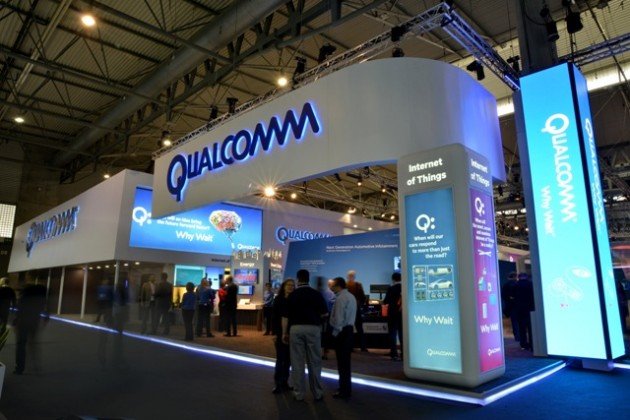
US-based semiconductor company Qualcomm will be managed by its 10-member board that excludes founder’s son Paul Jacobs and includes CEO Steve Mollenkopf, who did not get enough support from shareholders, a Reuters report indicated.
Former chairman Paul Jacobs, the son of Qualcomm’s co-founder, will pursue a long-shot bid to take the company private. Paul Jacobs is looking for the support of SoftBank, the telecom and communications giant based in Japan.
Qualcomm CEO Steve Mollenkopf, who has reportedly supported the $117 billion takeover by Broadcom, has received support in the range of 40 percent to 50 percent at the company’s annual shareholder meet in the U.S.
Only some of the directors were elected with more than 50 percent of the vote, while the rest received 40 percent to 50 percent – indicating shareholders are not happy with the existing board.
“Anything below 80 percent to 90 percent of votes cast is kind of questionable, 40 percent is very questionable,” said Kevin McManus, vice president and director of proxy services for Egan-Jones Proxy Services.
US president Donald Trump, who blocked any deal between Qualcomm and Broadcom citing national security issues in the wake of threats from China and China’s Huawei, paved way for the election of all existing directors at the Qualcomm. Following Donald Trump’s direction, Broadcom withdrew drop its bid for Qualcomm and its nominees.
Ahead of Friday’s meeting, Institutional Shareholder Services Inc, a shareholder advisory firm, urged investors to lodge protest votes for Broadcom’s withdrawn board nominees, even though they would not be counted under the company’s rules.
Qualcomm shares closed down 1.9 percent on Friday at $53.66. NXP shares ended down 0.7 percent at $120.19, their lowest level since Qualcomm revised its NXP bid last week, amid investor concerns that China will block the deal.
The main challenge for Qualcomm is to defend its business in China, the largest smartphone market in the work and home for several smartphone manufacturing companies such as Huawei, Lenovo, ZTE, Oppo, Vivo, among others.
If China phone companies decide to boycott Qualcomm, as a fall out of the trade issues between the US and China and US administrators’ fears about China spying, Qualcomm will face huge challenges globally.
